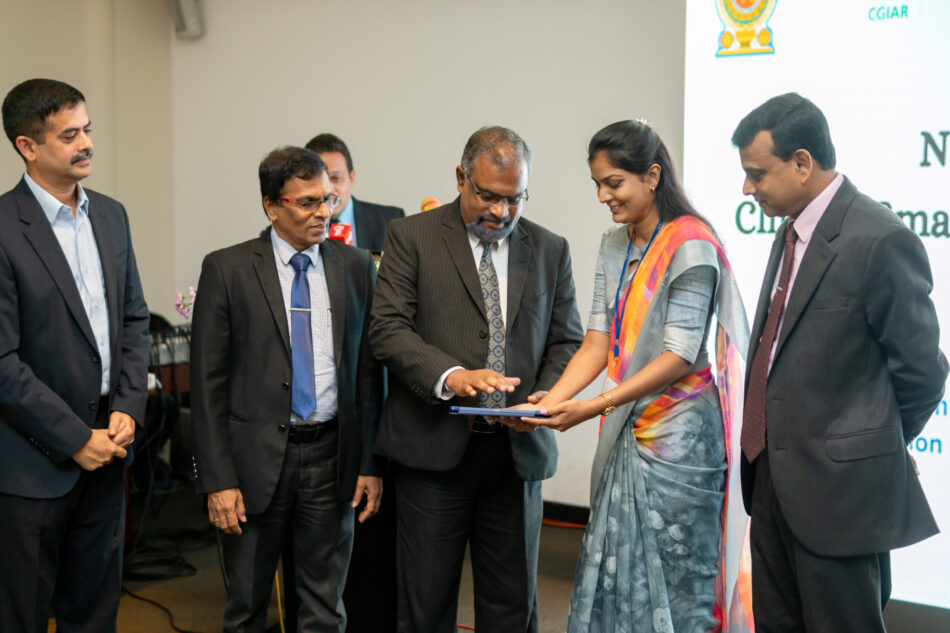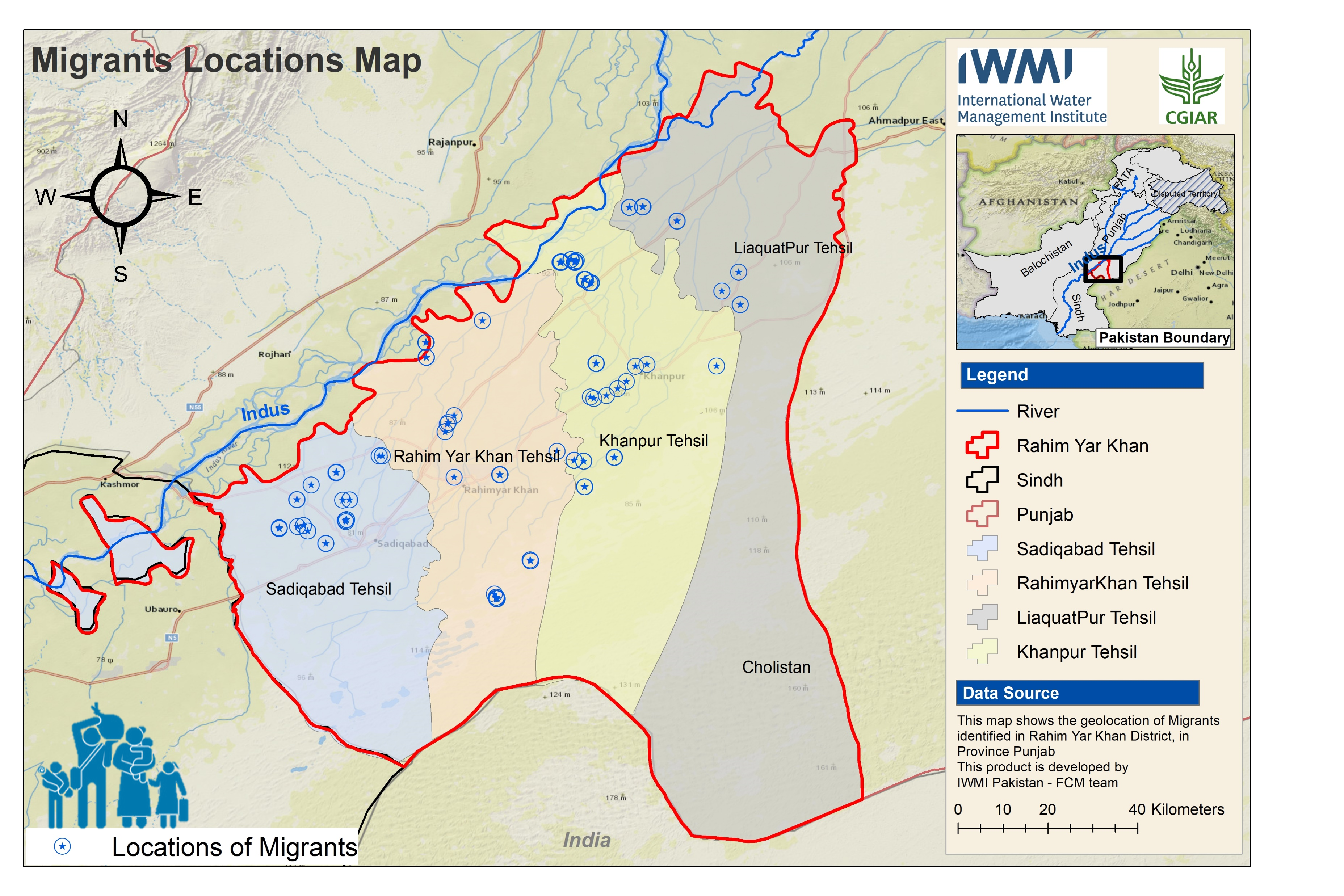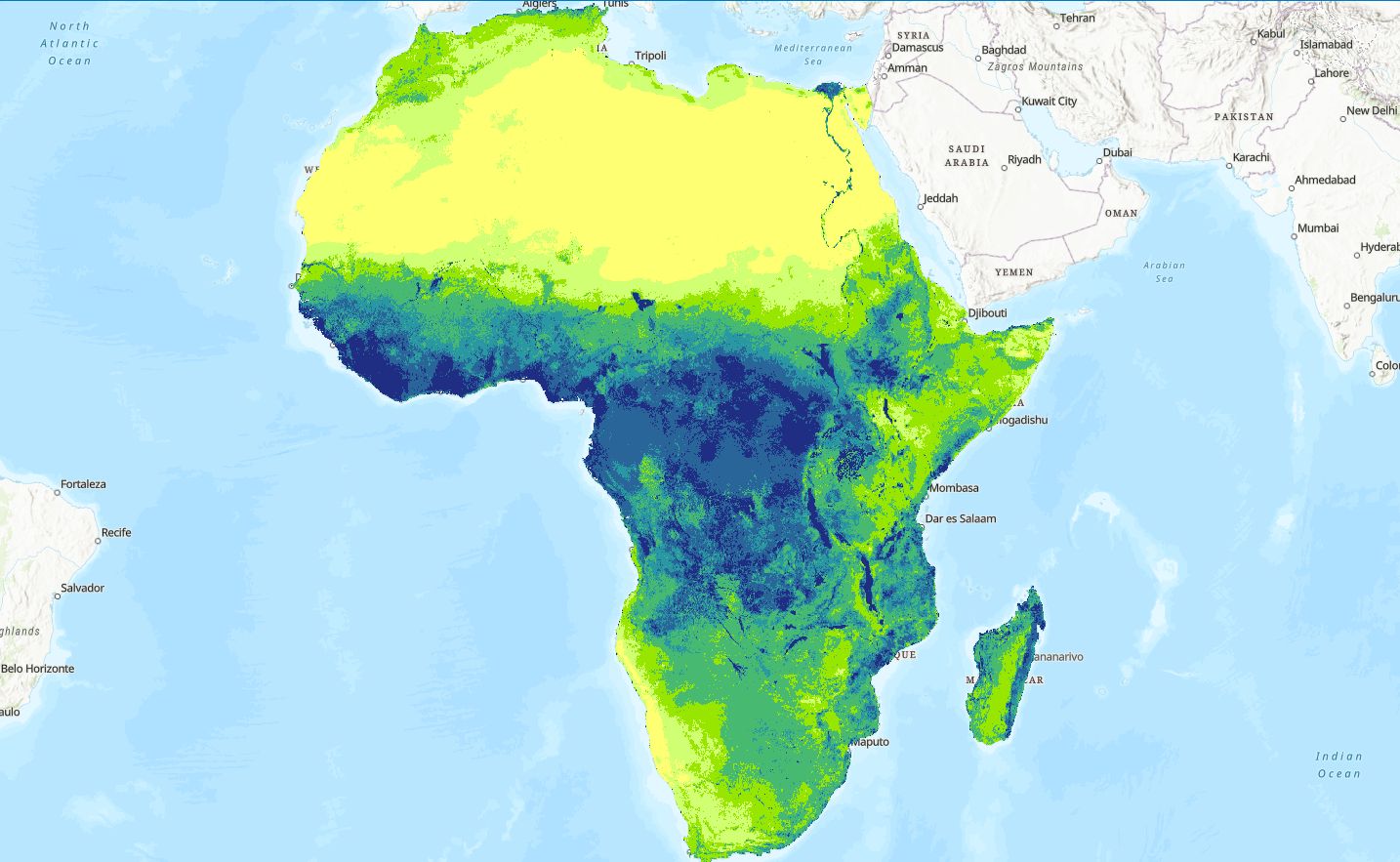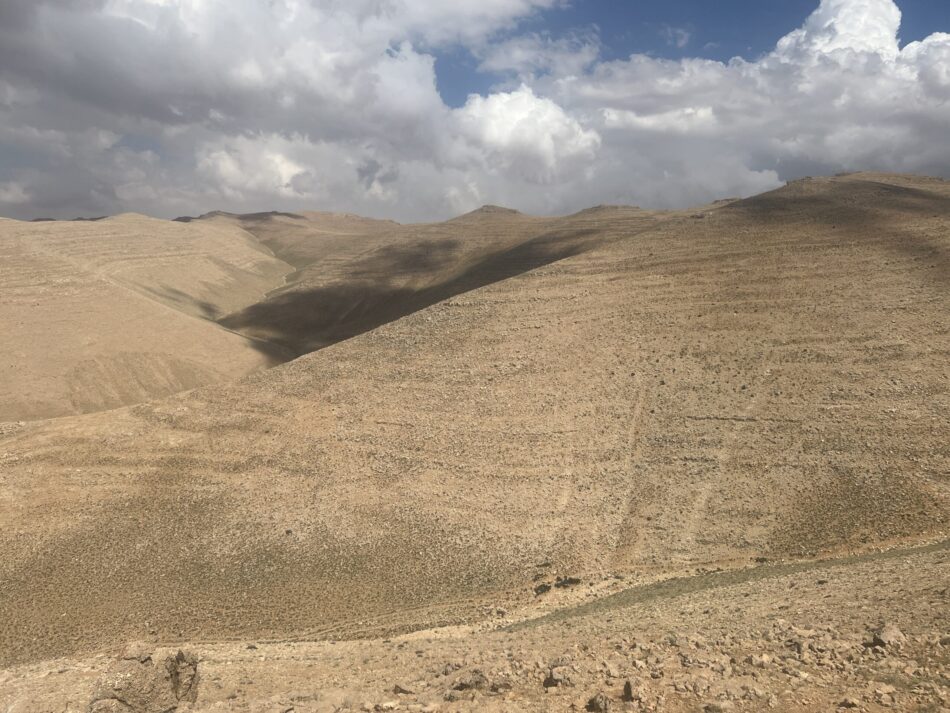Strengthening urban farmers organisations and their marketing capacities: From Seed to Table (FStT)
Aim
The From Seed to Table project aims to facilitate the development of sustainable urban farming systems and to contribute to urban poverty alleviation and enhanced urban food security, social inclusion and empowerment of urban disadvantaged groups in selected cities.
Background and Specific Objectives
Many poor urban households engage in local production of food, food processing and related activities as main or complementary strategy to secure food supply for their families or to earn some cash income. The United Nations Development Programme, UNDP estimated in 1996 that 800 million people are engaged in urban agriculture worldwide. Of these, 200 million are considered to be market producers, employing 150 million people full time. Since then, urban poverty and the number of families involved in some kind of urban agriculture have substantially increased.
The up and downstream effects of urban agriculture in the local economy can be considerable. It enhances access to fresh vegetables that could raise the nutritional status of poor and middle income households. Other benefits of urban agriculture are related to its potentials for social inclusion of disadvantaged groups, recycling of urban wastes, urban greening and improved urban micro-climates, recreational services for urban citizens and maintaining buffer zones.
However, several constraints limit the development of safe and sustainable urban agriculture, including:
- Low degree or inappropriate support services such as extension services, access to credit and infrastructure due to an historical lack of recognition by City authorities, urban planners, government institutions, and even the urban producers themselves, of the role and functions of urban and peri-urban agriculture in a developing modern city.
- Limited access to productive resources and insecure land tenure: Urban agriculture is – to a large extent – being done on land that is not owned by the user: roadsides, riverbanks, along railroads, idle public lands, parks, etc. The use of such areas is, in principle, transitional and user rights are minimal. Additionally, there is poor access to good quality water, nutrients and organic matter for continuous cultivation.
- Low degree of organisation of urban producers: Most urban farmers are not organised in a formal way. This limits the representation of their interests in decision making at various levels and limits their capacities to improve their farming systems and marketing opportunities. Well organised urban producer groups and associations may also play important functions in educating their members, product quality control and enhancing access to credit and other productive resources (including urban organic wastes and treated wastewater).
- Low productivity and profitability: Due to the factors mentioned above the actual productivity and profitability in small scale urban and peri-urban production in many cities is generally low, despite high market demand and sharply increasing food prices. The project aims to enhance local capacities to identify opportunities for enhancing productivity and added value and to implement related technical and organisational innovations
It is worth mentioning that agriculture is still considered predominantly as a “rural” activity, and this project presents a unique opportunity to address recent challenges such as increased global food prices (India, various African countries), soaring fuel prices (e.g. Jordan experienced a 100% increase in fuel prices in 2008) and security and mobility concerns makes it economically and ecologically sound to re-think the role of Urban Agriculture and its food security, economic and environmental importance.
The RUAF-CFF Programme effectively tackled some of the above mentioned constraints, notably the integration in urban policies and programmes and improved access to land. This was done by facilitating capacity development among local authorities and other local stakeholders regarding urban agriculture and facilitating multi-stakeholder policy making and action planning on urban agriculture.
This enhanced integration of urban agriculture in urban policies and planning, and stronger participation of urban farmers and other stakeholders in the planning process, realised in three countries in Anglophone West Africa, paved the way for coordinated activities of both public and private organisations focused at supporting poor urban farmers to develop safe and sustainable production, processing and marketing systems. Therefore the FStT project contributes to:
- To enhance the capacities of the different regional Resource centres on Urban Agriculture and Food security and facilitate their consolidation
- To enhance the capacities of local stakeholders (researchers, NGO’s, farmer organisations, a/o) in the RUAF partner cities to engage in joint situation analysis and policy advocacy regarding urban agriculture and the design, implementation and monitoring of sustainable urban agriculture farming and marketing projects
- To enhance the income and food security of farming households by implementing “From Seed to Table” Projects (stimulating the transition from subsistence to more sustainable forms of urban agriculture)
- To strengthen the organisation of urban farmers groups and organisations and their capacities to innovate their farming systems and market chains and participate in multi-stakeholder dialogue and planning
- To enhance the access of urban producers to (innovative forms of) credit and financing of urban agriculture activities
- To enhance learning from monitoring: lessons are drawn from the experiences gained in the project and are used in the planning of future activities by RUAF partners at local, regional and international level
- To enhance the capacities of students and staff of NGO’s, farmer organisations, training and research institutes and local governments in empowerment of urban farmer organisations and FStT approach to Farming System Innovation through distance education
- To enhance access of the subscribers to UA-Magazine and visitors of the websites to up-to-date information on past and recent research and project experiences on Urban Agriculture
- To consolidate the recently established City Multi-stakeholder Forums on Urban Agriculture in the partner cities and advance in national policy formulation on urban agriculture
Expected Outputs and Results:
- The capacities of the RUAF regional resources centre on urban agriculture and food security have been strengthened and their continuity has been secured
- A comprehensive set of training materials has been produced and made available to local trainers.
- About 50 staff of NGO’s, farmer organisations, training and research institutes and local governments have been trained in the FStT approach to Farming System Innovation and empowerment of urban farmer organisations.
- About 200 urban producers have been trained in various subjects related to sustainable urban farming farmer led development of urban farming.
- At least 2 farmer organisations (1 per partner city) have been strengthened (strategic development agenda, improved internal functioning, improved external relations, group savings scheme established, etcetera).
- The farmer based/led FStT projects have been implemented leading to a 10-15% increase in income and nutrition in the participating households (around 100 households/project).
- At least 1 credit institution in each of the partner cities has started to provide credit to urban farmers with acceptable conditions.
- In at least two/third of the City Strategic Action Plan on urban agriculture has been formalised and is being implemented.
- In at least 1 country national policies on urban agriculture are being revised or formulated.
- The local actors in the focus cities as well as visitors to the RUAF partner website receive up to date information on urban agriculture.
- The participating organisations are monitoring the FStT projects to improve their performance regarding development of sustainable urban agriculture and to draw lessons from the experiences gained in the FStT projects for use in the planning of future activities.
The FStT Approach










